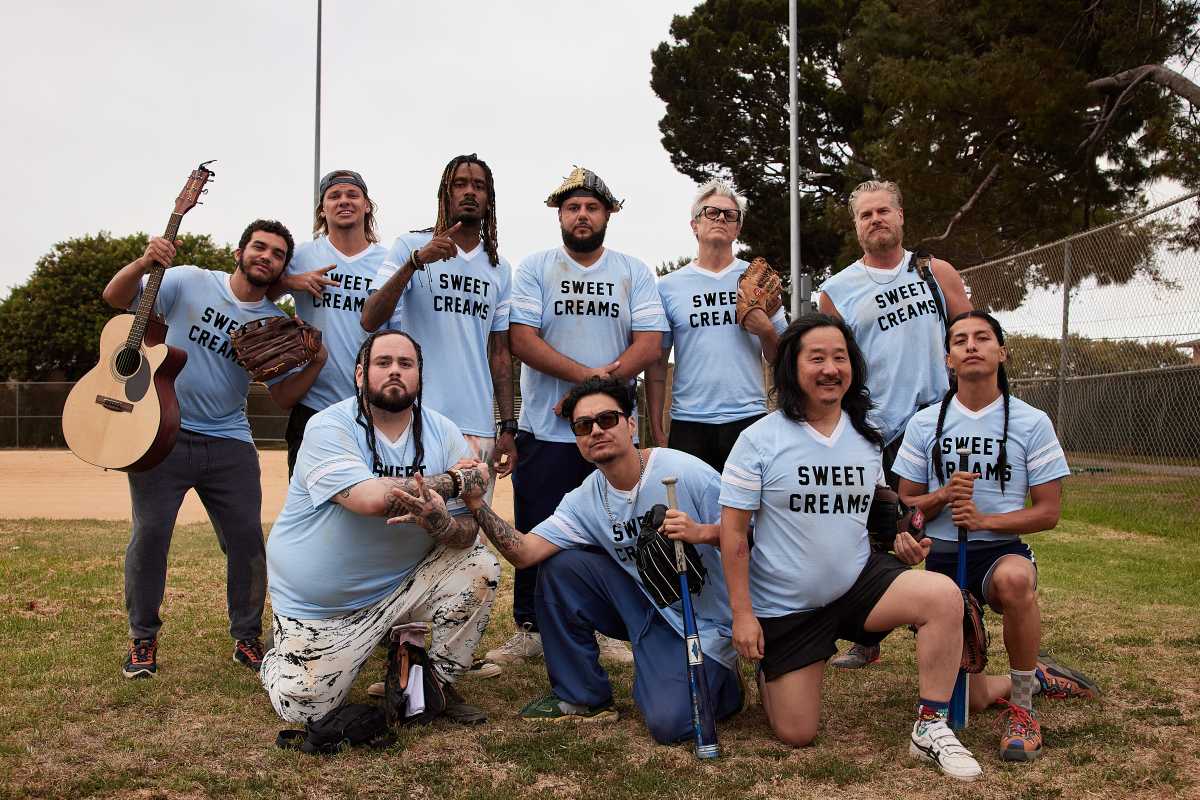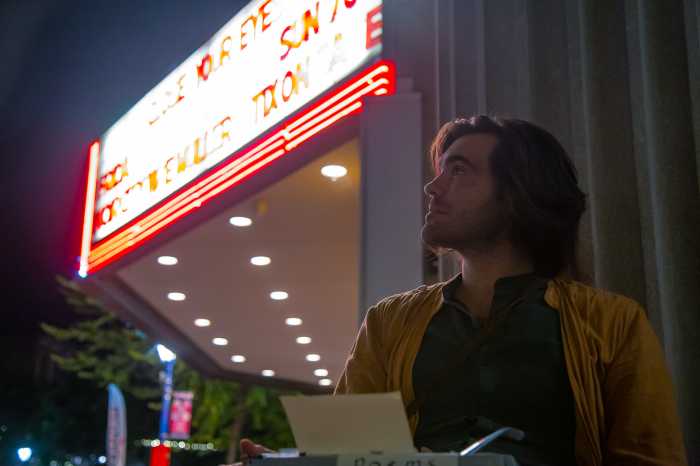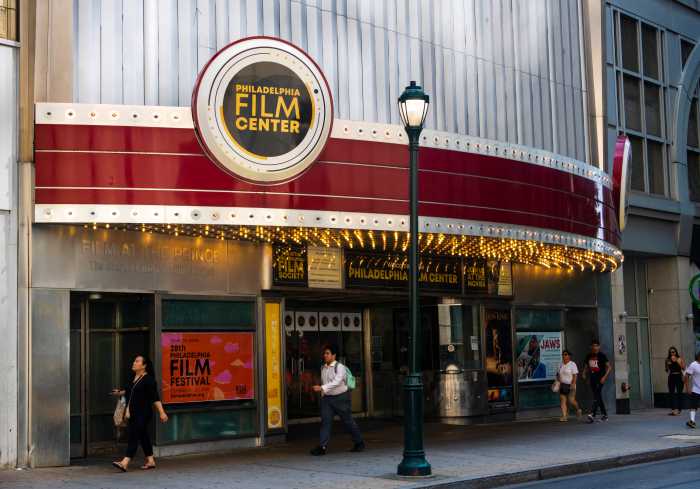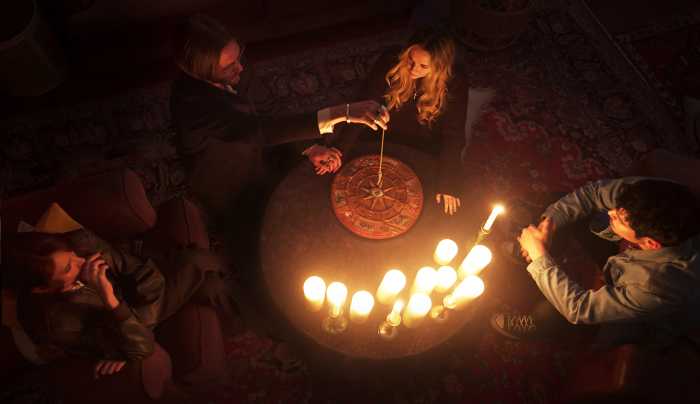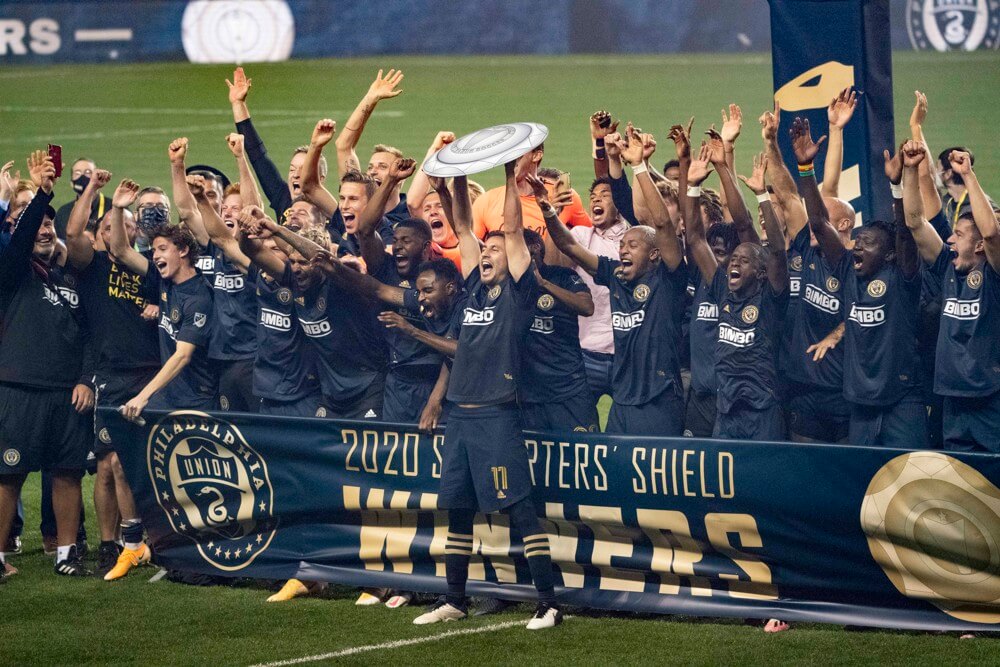At first glance, a film starring Johnny Knoxville, Theo Von and Bobby Lee might seem like your next favorite laugh-out-loud comedy, and on some levels, ‘Sweet Dreams‘ does feel like a melding of talented comedic chops. But deep down, this story from director Lije Sarki tackles the subject of sobriety and recovery in a really fresh and genuine way.
Following Knoxville as Morris, we see the down-on-his-luck music video director arriving at a rehabilitation house along with a group of guys on the same 12-step journey. Eventually, the crew competes in a softball tournament to win money to save their house, but along the way we find moments of authenticity through meetings, one-on-one conversations and an amalgamation of personalities trying to find what life is like after getting sober.
Bobby Lee, who stars as “Tom Cruise” in the film, notes that the realness was the driving factor behind it all—especially since most of who were involved are sober themselves. To dive a little deeper into ‘Sweet Dreams’, Lee sat down to discuss what he hopes people take away from the story.
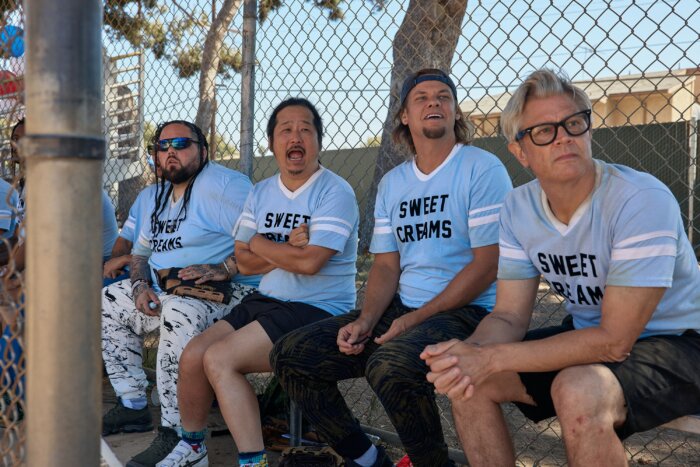
What was it about ‘Sweet Dreams’ that made you want to sign on?
Theo (Von) called me—it wasn’t my agents, it was more through back channels. And as soon as I found out that Lije (Sarki) was directing and Theo was in it and Johnny (Knoxville) and some of those guys, I just said yes. I didn’t even read the script. At that time, I had maybe 11 months of sobriety and I was very active in the 12-step scene. So I just felt like it was meant to be. For me, I don’t do projects based on vanity or for the money. It’s more about: Is this something that’s good and something that I want to do, really?
Since you knew a lot of the people in the film, did that open up the door for improv with a lot of scenes or more organic ways of fleshing out the dialogue?
Yeah, what I love about Lije is that we did takes based on the script, but he let us play around because he knew that we liked to improvise and whatnot. But I think it was more important to get the tone in terms of, does this feel real as a 12-step meeting or an AA meeting? Watching the movie, I was pleasantly surprised about how real it did feel…like [with] Jay Mohr being that old timer and the AA guy sponsoring Johnny.
I think some of those interactions felt so authentic and it felt so real to me. I’ve seen so many movies that try to depict AA and they don’t feel real, but this one felt so good.
That was the most important thing, getting that tone. Also, my character’s f**king weird, let’s be honest. He’s been at this halfway house for seven years, his name is Tom Cruise and he used to be an underwear model…some of the lines were a little broad almost, but I felt like I tried some things and Lije would be like, that’s too much, or at times say, go broader. He let me play around with it. Honestly, I’ve worked in some terrible environments, and this was probably one of the most positive ones I’ve ever worked in.
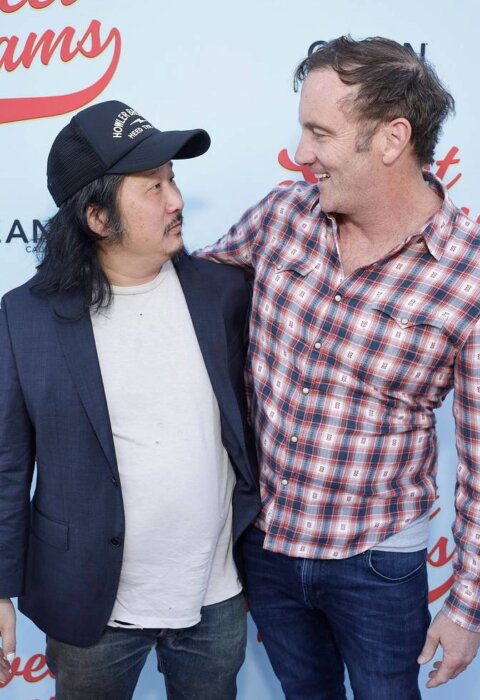
It did feel really genuine. The meeting where Morris says how he’s feeling and then Jay Mohr’s character gives his take on sobriety…that tone was really felt throughout the film as well. And the acting was incredible, probably because you all know what it really feels like.
Especially with Jay, I know Jay has done so much work on his life, he’s super active when it comes to his recovery. And I tell you, dude, when he did his first take, the first time I was there, I walked out to him and I go, oh my God—to both Johnny and Jay. I just constantly said, you guys are f**king killing it.
Speaking of genuine, with the softball scenes, how were those to shoot? Were you all actually playing with what we see?
Yeah, it was so interesting to me because I’ll be honest with you, during the softball segments when we were shooting those scenes, in my mind I’m thinking: Are the stakes high enough? There’s not a lot of people in the stands and it’s a lower-budget movie, and I was a little worried about it, but by watching it, I’m like, you know what? That feels like something that would happen.
The levity came from Chelcie (Lynn)—and Chelcie hadn’t really done a movie before, she was actually cast last second, I think maybe two days before we shot the thing. It felt like we were all a part of a platoon and that we had served two duties in Vietnam, it felt like guys that I’ve known forever. Another interesting thing about the movie was there was really no ego involved.
Sometimes I reoccur on ‘Sex and the City’, and not that they’re egotistical or anything like that, but you could feel power dynamics when you’re in an environment like that. I did a movie with Cate Blanchett that’s coming out and Kevin Hart—you could feel the power dynamic. With this movie, everyone was on an equal plane, there wasn’t the No. 8 guy on the call sheet. I think we were all equal members of a project that was important.
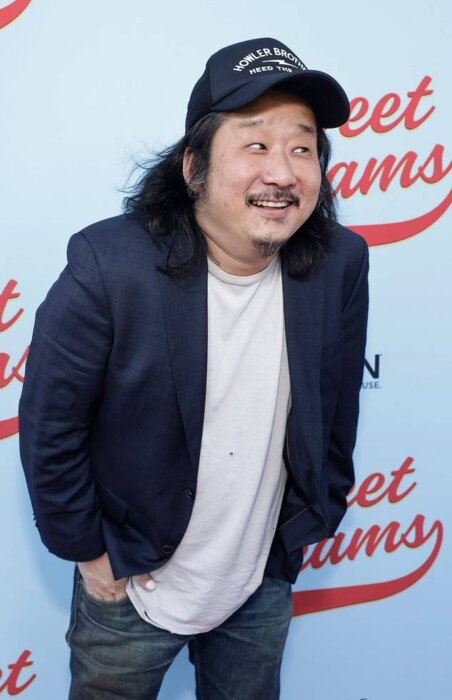
What do you hope audiences take away from ‘Sweet Dreams’ in terms of what recovery looks like for people?
I know a lot of guys that have gotten sober outside of the 12 step bubble, and there is no right or wrong way of doing it. What I’m hoping that the movie does is just show one way to do it, which is more of a traditional way by doing something that’s been working since 1935. It’s changed so many people’s lives, including my own. I would not be a comedian without being sober.
I got sober when I was 17, and I did stand up for the first time six years sober, and I’ve slipped a couple of times from then, but people think that by getting sober, their life is over or it’s going to be boring. I hope that people see that no, there’s levity and joy in being sober and a world without drugs and alcohol can be fun and spiritual. It’s so funny. There was a tone from the beginning to the end, and I can’t really explain it, but it was a real kind of heartwarming tone, with the music as well. We just got it right.
‘Sweet Dreams’ hits theaters April 12 and will be on digital April 18.



